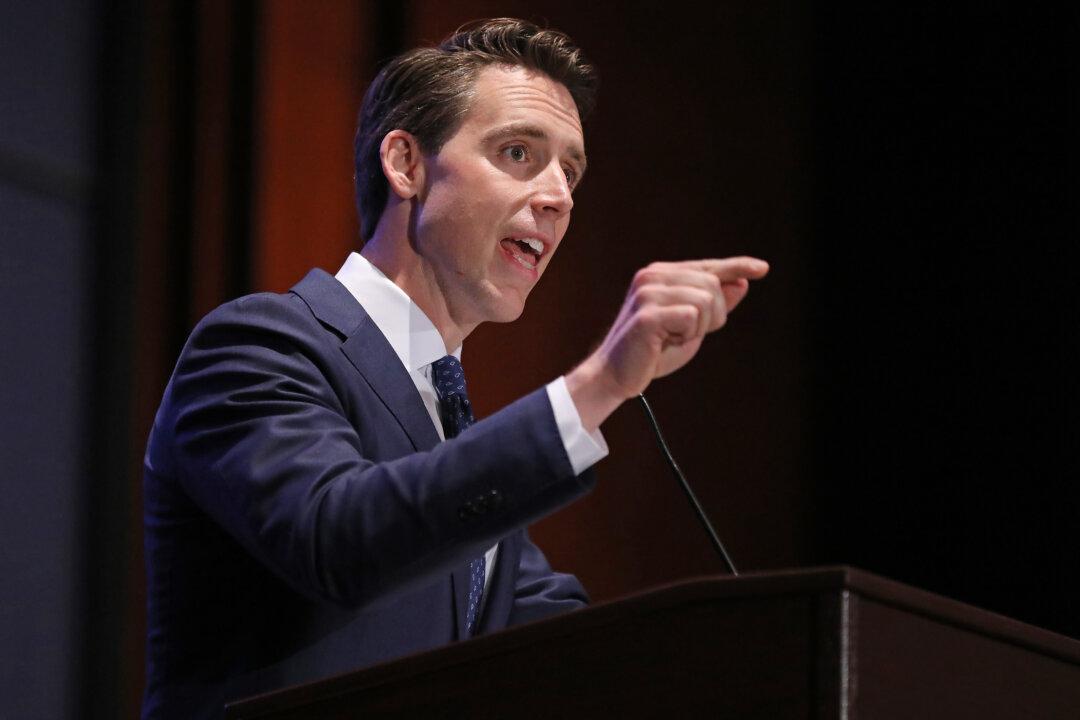WASHINGTON—Sen. Josh Hawley (R-Mo.) told a Senate Judiciary Committee hearing on July 9 that he is “sickened” by a report of digital giant YouTube’s “refusal” to change its algorithm to protect children from pedophiles using the site to find and “groom” potential victims.
“YouTube admitted they could do something about it. They could stop auto-referring these videos of minors to pedophiles, but they chose not to do so,” Hawley told the hearing.





